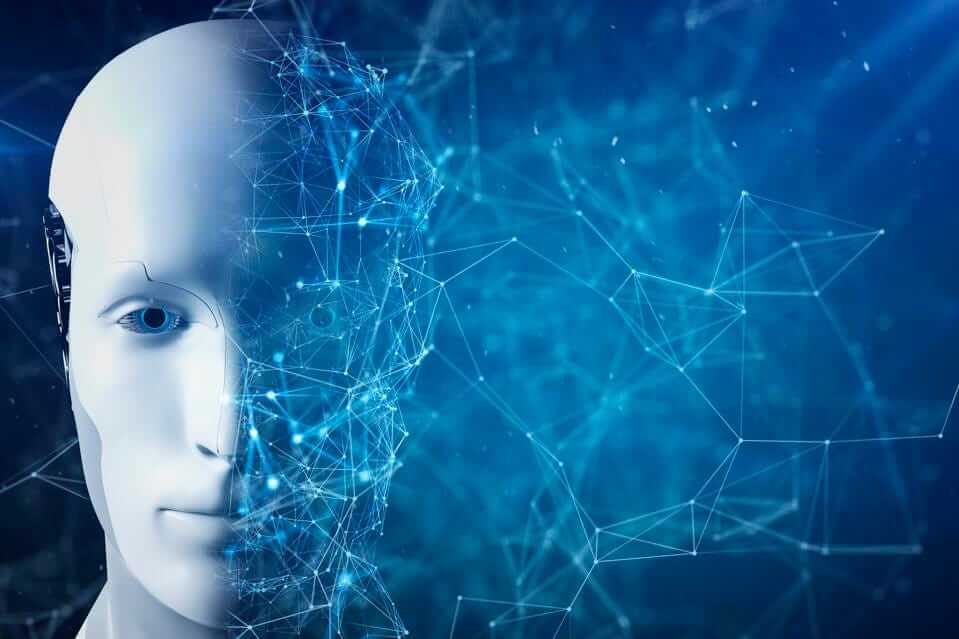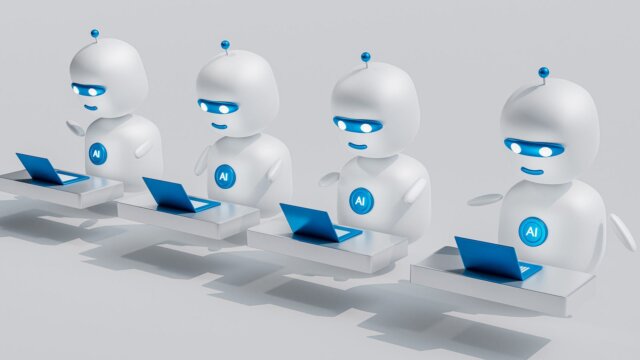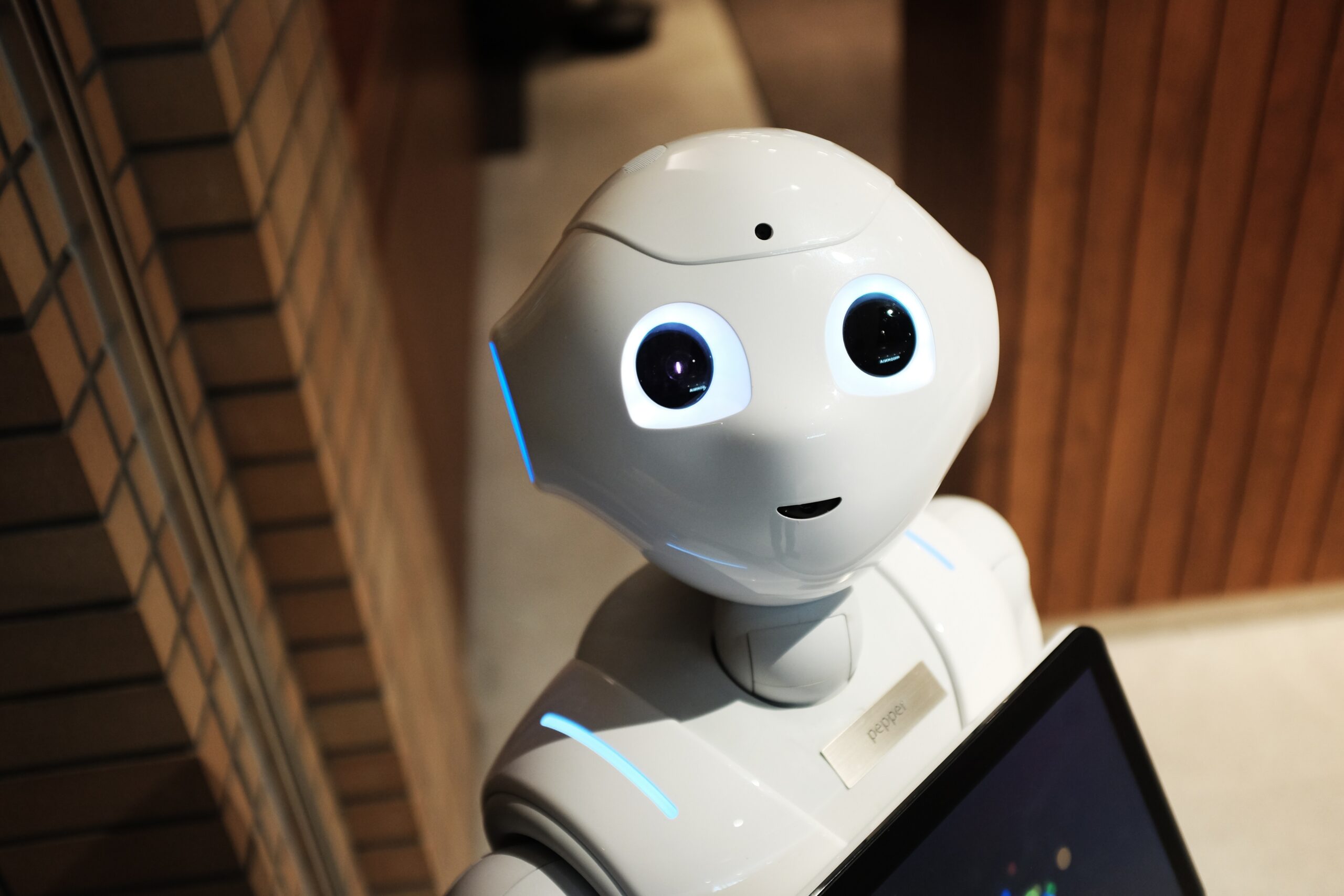The use of generative AI has seen a surge in recent years, with many companies and individuals harnessing the power of this technology to create new and innovative products and services. However, with this increased use of generative AI, there has also been a rise in legal cases surrounding the technology, raising questions about its implications and potential impact on society.
What is Generative AI?
Generative AI is a subset of machine learning that focuses on creating new and original content, as opposed to simply recognizing or classifying existing content. This can include generating text, images, music, and even video. Generative AI models are trained on large datasets and use statistical methods to generate new content that is similar to the training data.
Current Legal Cases Against Generative AI
There have been a number of legal cases in recent years that have centered around generative AI, including issues related to copyright infringement, trademark infringement, and trade secret misappropriation.
One high-profile example is the lawsuit brought against a company that uses generative AI to create new songs. The plaintiffs in the case claim that the songs generated by the AI are infringing on their own copyrighted material. Another example is a case where a fashion brand claimed that generative AI-generated designs were similar to their own copyrighted designs and that was an infringement.
Potential Impact of Generative AI on Society
While generative AI has the potential to revolutionize many industries, there are also concerns about its impact on society as a whole. For example, as generative AI becomes more advanced, there may be a risk of job loss in certain industries. Additionally, there is a concern that the technology could be used to create fake news or propaganda.
Conclusion
As generative AI technology continues to evolve and become more widely adopted, it is important to consider the legal implications and potential impact on society. While the technology has the potential to bring about significant advancements, it is also important to address any potential negative consequences and ensure that the technology is used ethically and responsibly
It is clear that there are many legal considerations surrounding the use of generative AI, and it is important for companies and individuals working with this technology to stay informed and ensure that they are in compliance with all relevant laws and regulations. As the technology continues to evolve, it will be interesting to see how these legal cases play out and how they shape the future of generative AI.











